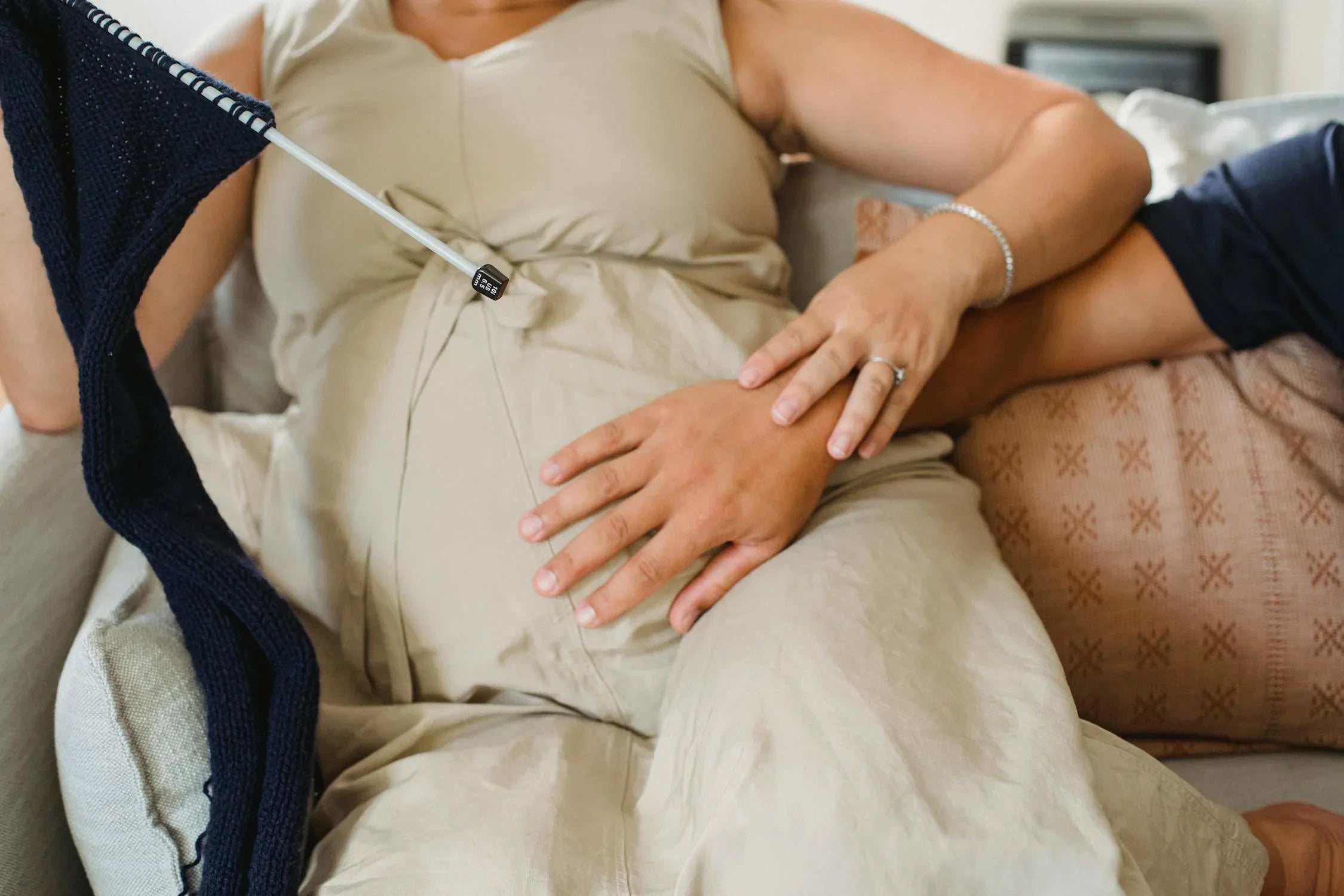Accueil
Pregnancy, Breastfeeding, and Pumping: The Ultimate Guide for Moms
How Long to Wait After Sex to Take Pregnancy Test

How Long to Wait After Sex to Take Pregnancy Test
Deciding when to take a pregnancy test after sex can be a nerve-wracking experience. The anticipation, the hope, or even the fear of an unexpected result can make this waiting period feel like an eternity. But understanding the science behind pregnancy tests and the factors that influence their accuracy can help you make informed decisions and reduce unnecessary stress.
How Pregnancy Tests Work
Pregnancy tests detect the presence of human chorionic gonadotropin (hCG), a hormone produced by the placenta after a fertilized egg attaches to the uterine lining. This hormone is often referred to as the "pregnancy hormone" because its levels rise rapidly in early pregnancy. Most home pregnancy tests are designed to detect hCG in urine, while blood tests conducted by healthcare professionals can measure hCG levels more precisely.
Factors Influencing the Waiting Period
The timing of when to take a pregnancy test after sex depends on several factors, including the type of test used, the sensitivity of the test, and the timing of ovulation and implantation. Here are some key considerations:
Ovulation and Fertilization
Ovulation typically occurs around the middle of a woman's menstrual cycle. If sperm fertilizes the egg during this time, the fertilized egg begins its journey to the uterus, where it implants into the uterine lining. This process, known as implantation, usually takes about 6 to 12 days after ovulation.
hCG Production
Once implantation occurs, the body starts producing hCG. However, it takes time for hCG levels to rise high enough to be detected by a pregnancy test. In most cases, hCG levels double every 48 to 72 hours in early pregnancy.
Test Sensitivity
Different pregnancy tests have varying levels of sensitivity to hCG. Some tests can detect lower levels of hCG, allowing for earlier detection of pregnancy, while others require higher levels of the hormone to produce a positive result.
Recommended Waiting Period
For the most accurate results, it is generally recommended to wait at least one week after a missed period before taking a pregnancy test. This waiting period allows sufficient time for hCG levels to rise to detectable levels. However, if you suspect you might be pregnant and cannot wait, some highly sensitive tests claim to detect pregnancy as early as 6 to 8 days after ovulation.
Early Testing: Pros and Cons
Taking a pregnancy test shortly after sex or before a missed period can be tempting, but it comes with its own set of challenges. Here are some pros and cons of early testing:
Pros
- Early detection can provide peace of mind or allow for timely medical care.
- Some tests are designed for early detection and can provide accurate results before a missed period.
Cons
- Testing too early can result in a false negative, as hCG levels may not yet be detectable.
- Repeated testing can lead to unnecessary stress and confusion.
Tips for Accurate Testing
To ensure the most accurate results, follow these tips when taking a pregnancy test:
- Use the first urine of the day, as it is more concentrated and likely to contain higher levels of hCG.
- Read the test instructions carefully and follow them precisely.
- Avoid drinking excessive fluids before testing, as this can dilute hCG levels in urine.
- If you receive a negative result but still suspect you might be pregnant, wait a few days and test again.
When to Consult a Healthcare Professional
If you receive a positive pregnancy test result, it is important to consult a healthcare professional to confirm the pregnancy and begin prenatal care. On the other hand, if you experience symptoms of pregnancy but consistently receive negative test results, it may be worth discussing your concerns with a doctor to rule out other potential causes.
Understanding how long to wait after sex to take a pregnancy test can help you navigate this emotional journey with greater confidence. By considering the factors that influence test accuracy and following best practices, you can increase the likelihood of obtaining reliable results. Whether you're hoping for a positive or negative outcome, knowledge is your greatest ally in this process.
Partager
